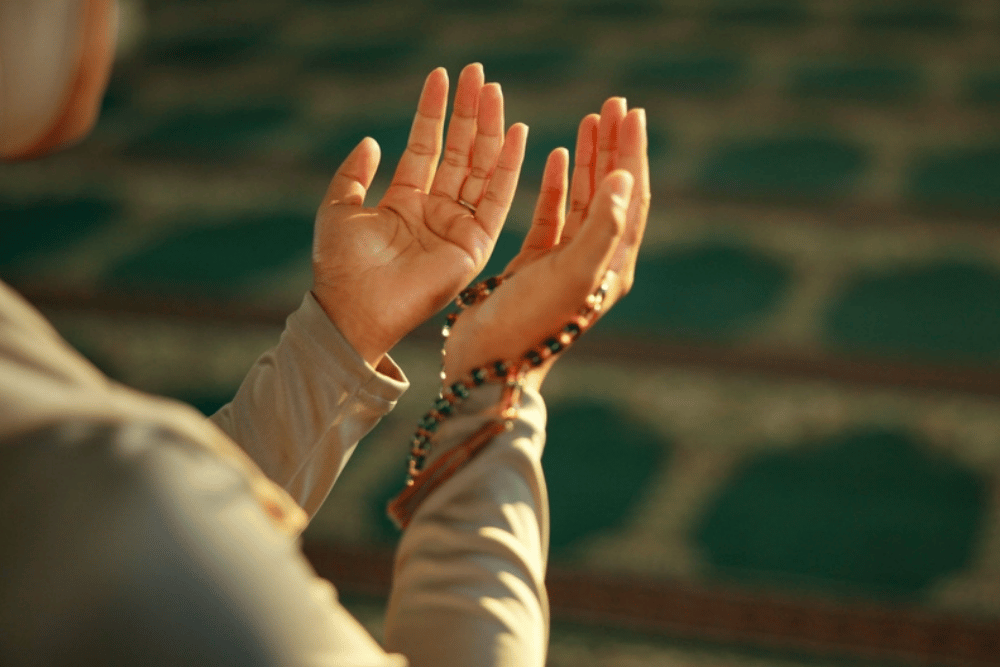Emotions are part of what makes us human, a gift from Allah that shapes how we experience life. Anger is one of these emotions—a natural reaction, but one that can easily overpower us if left unchecked. Like other feelings and desires, Islam teaches us how to balance and manage anger so it doesn’t lead to harm. This section helps us understand the traits Allah has given us and how finding balance is the first step toward controlling our emotions.
The Attributes Allah Bestows Upon Humans
Allah, the Lord of the worlds, has not only created the human body but has also endowed humans with essential traits and attributes. These attributes are key to how we interact with the world and others. Allah has given humans compassion, desires, and emotions. Among these desires are the wishes for wealth, food, drink, clothing, and sexual desires. Along with desires, humans also have emotions like love and fear. These emotions and traits are crucial for humans to live meaningful lives, form relationships, and carry out daily activities.
For instance, without love, a mother would not care for her child, and people would not help one another. Fear is necessary too-without it, humans would make reckless choices and harm themselves. Desires also play an important role. If there were no desire for wealth, society would collapse. Likewise, without sexual desire, there would be no marriages, and humanity would cease to exist. Allah granted these attributes to maintain the human system.
The Balance of Attributes: Development and Limitation
While some attributes are meant to be nurtured, others need to be kept in check. For example, belief in Allah, His Messenger ﷺ, and the Glorious Qur’an must be developed and strengthened. As one’s belief grows, so does their connection to Allah. On the other hand, desires such as the longing for wealth or sexual desires need to be controlled to avoid crossing boundaries. If these desires go unchecked, a person may fall into sinful actions, such as greed or adultery.
Allah Almighty has taught that success comes from purifying the soul, while failure comes from ruining it.
In the Glorious Quran, Allah says:
قَدْ اَفْلَحَ مَنْ زَكّٰىهَا
وَقَدْ خَابَ مَنْ دَسّٰـىهَا
“Successful is the one who purifies their soul, who cleanses and trains it,” and “unsuccessful is the one who ruins it.”
(Qur’an 91:9-10)
This highlights the importance of maintaining balance. Some attributes, like love for Allah, trust in Him, and a willingness to sacrifice for religion, must be nurtured. However, desires themselves are not inherently bad-they are necessary for survival and stability in the world. The key is not to let these desires go beyond the limits that Allah has set.
Desires: Within Limits, They Are Good
Desires are part of human nature, and Allah has created them for a reason. However, there are limits to how these desires should be fulfilled. For example, the desire for wealth or sexual satisfaction is not wrong in itself, but exceeding the boundaries Allah has set for these desires can lead to harm. Allah has set clear guidelines, as He says: “Do not cross these limits. These are the limits of Allah; do not come near them.” For instance, Allah permits the desire for a spouse and marriage, saying: “Marry those women who please you.” However, He forbids adultery. The difference between lawful and unlawful ways of fulfilling desires is crucial in Islam. Islam does not deny or suppress human
instincts. Instead, it guides people on how to satisfy them in a manner that brings benefit, while preventing harm.
The Beauty of Islam: Setting Boundaries
Islam is a religion that understands human nature. It does not aim to destroy a person’s basic desires or instincts, but it places boundaries around them. These boundaries are designed to ensure that desires are fulfilled in ways that bring goodness, without leading to harm. The wisdom behind these limits is that when desires are followed within Allah’s guidelines, they bring benefits, both in this life and the next. This approach showcases the excellence of Islam—it protects individuals and societies by ensuring that desires do not spiral out of control.
Conclusion
Recognizing the traits Allah has blessed us with helps us understand ourselves better. It’s not about getting rid of emotions or desires but learning to keep them in balance so they bring good into our lives. When we follow the guidance of Islam, we can channel emotions like anger in a way that benefits us and those around us. This understanding sets the stage for learning how to manage anger in a way that leads to personal peace and stronger relationships.




